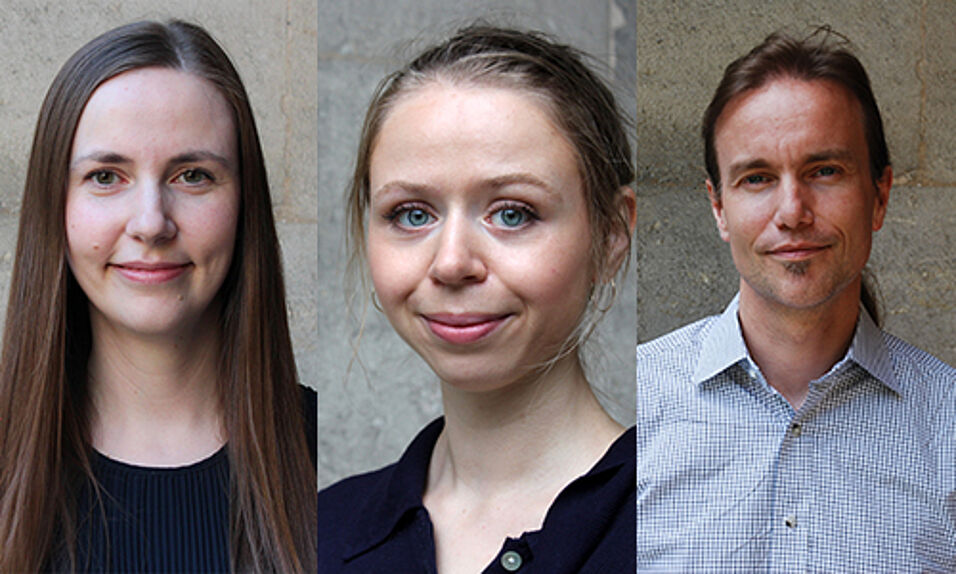Article by Alina Vianne Barr (✉ alina.vianne.barr@univie.ac.at)
News reports often equate Islamic terrorists with the general Muslim population because terrorists act in the name of Islam. Such reporting significantly impacts attitudes toward Muslims. But how do different types of reporting influence these attitudes and stereotypes?
The authors argue that varying depictions of perpetrators in the media trigger different psychological processes. The study differentiates between "insider terrorists" (citizens of the country, unknown to law enforcement, and hard to identify) and "outsider terrorists" (recent arrivals, non-citizens, under police surveillance). The concern is that such reporting may reinforce prejudices, especially in an increasingly polarized public sphere.
The study examines how coverage of insider versus outsider terrorists affects attitudes and stereotypes about Muslims. The central assumption is that nuanced reporting, compared to undifferentiated reporting, can reduce the perception of discrimination and stereotyping among Muslims. Nuanced reporting explicitly distinguishes between Muslims and terrorists. Furthermore, the researchers hypothesize that fostering a stronger attitudinal differentiation – that is, an unconscious internal distinction between groups – can help dismantle stereotypes about Muslims. The focus is thus on investigating unconscious social behavior and implicit attitudes. The findings indicate that nuanced reporting reduces the conflation of Muslims and Islamist terrorists by weakening mental associations between the two groups.
There is no evidence that differentiated attitudes influence negative unconscious biases toward Muslims. However, the effect of terrorism-related news may depend on the perpetrator's characteristics (insider vs. outsider). Exposure to news about insider terrorists did not lead to more negative unconscious attitudes than exposure to news about outsider terrorists. Stereotypes therefore appear to be independent of perpetrator characteristics. Negative stereotypes against Muslims were most pronounced in nuanced reporting about outsider terrorists.
The study highlights that differentiated reporting is a crucial tool in preventing the stereotyping of Muslims and underscores the central role that the portrayal of perpetrators plays in this process. Study author Jörg Matthes concludes that "especially in times of increasing polarization, it is important not to judge other people, groups or political camps negatively across the board. The study underlines the relevance of differentiation in journalistic reporting instead of lumping everyone together.


